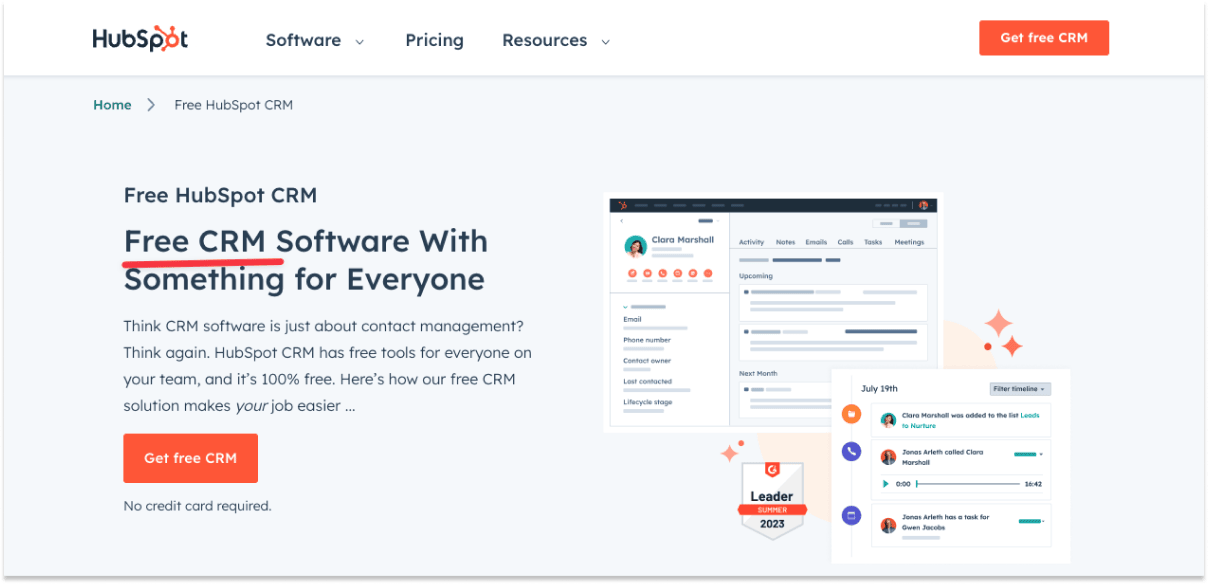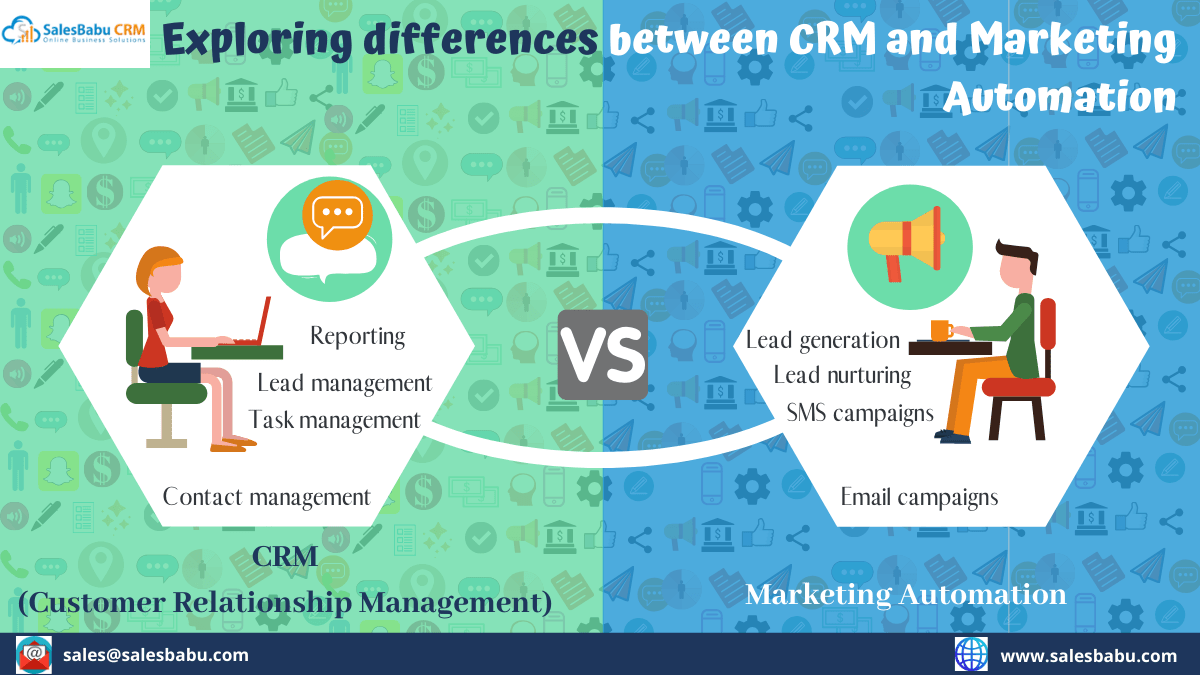Marketing automation and CRM integration capabilities in website builders enable businesses to streamline customer data management, automate marketing workflows, and align sales and marketing efforts within a single platform or through connected tools.
Key points about these capabilities in website builders include:
-
Unified Customer Data and Automation: Integrated CRM and marketing automation tools centralize customer information from website interactions, sales, and support channels. This allows automated, personalized marketing campaigns triggered by user behavior such as form submissions, page visits, or purchases.
-
Seamless Lead Management and Nurturing: When integrated, marketing automation can score and nurture leads based on engagement tracked on the website, then push qualified leads into the CRM for sales follow-up. This ensures faster handoffs and consistent messaging across teams.
-
Embedded Builders and Native Integrations: Some website builders come with built-in CRM and marketing automation features or offer native integrations with popular platforms like HubSpot, Salesforce, or ActiveCampaign. This reduces complexity and improves data flow without needing extensive custom development.
-
Examples of Website Builders with CRM & Marketing Automation:
- HubSpot CMS Hub: Combines website building with strong CRM and marketing automation integration, enabling lead capture, nurturing, and sales alignment in one platform.
- Wix, MailerLite, GetResponse, ActiveCampaign: Website builders that include email marketing and automation features, often integrated with CRM capabilities for small to medium businesses.
- FluentCRM for WordPress: A plugin that integrates marketing automation with CRM inside WordPress sites, supporting many third-party tools.
-
Benefits of Integration in Website Builders:
- Improved personalization and targeting through shared data.
- Higher conversion rates due to timely automated follow-ups.
- Centralized reporting on customer interactions and campaign performance.
- Enhanced collaboration between marketing and sales teams by providing a unified view of the customer journey.
-
Technical Integration Options:
- Native integrations within the website builder or CRM platform.
- API connections to sync data between website forms, marketing automation workflows, and CRM records.
- Use of middleware tools like Zapier or Make.com to automate workflows when direct integration is unavailable.
In summary, modern website builders increasingly support or integrate with CRM and marketing automation tools to provide a cohesive system that captures leads, automates personalized marketing, and aligns sales efforts, all driven by customer data collected through the website. This integration is essential for businesses aiming to optimize customer engagement and conversion through their online presence.





